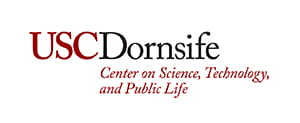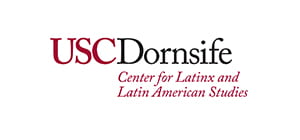The compounding crises of climate change and the COVID-19 pandemic have dramatically intensified the ongoing redefinition of facts and truth claims. Associated with rising religious fundamentalism and new forms of populism, this reconfiguration has been crucially fueled by the acceleration of information technologies. If during the 20th century facts were predicated upon claims to objectivity and verifiable experience, in the 21st facts are up for grabs as manufactured doubt and distrust of expertise saturate the public sphere. This, we argue, is not temporary but a new global condition. If we are to understand the future of facts, we need to expand studies of disinformation with interdisciplinary approaches that examine what is the nature of facts in a global context. This implies developing new concepts that go beyond dominant truth/falsehood, fact/fiction dichotomies.
With the support of the SSRCs New Interdisciplinary Projects Program the Future of Facts in Latin America working group will establish a collaboration infrastructure for scholars with expertise in different countries in the Americas, historical moments (from the so-called conquest to our current time), and areas of public concern (urban planning, environment, health and medicine, computational technologies and literature).
The objectives of the working group are (1) to create a comparative framework for analyzing the transformation of facts and truth-claims, (2) to establish a long-term hemispheric platform for interdisciplinary research, and (3) to increase scholarly exchange between researchers based in Latin America and those in Canada and the US.
In addition to SSRCs funding, the project is supported by the Center on Science, Technology, and Public Life; the Center for Latinx and Latin American Studies; the Ethnography Studio; and the office of the Divisional Dean for Social Sciences at USC Dornsife.
Contact Prof. Andrea Ballestero aballes@usc.edu for more information.





